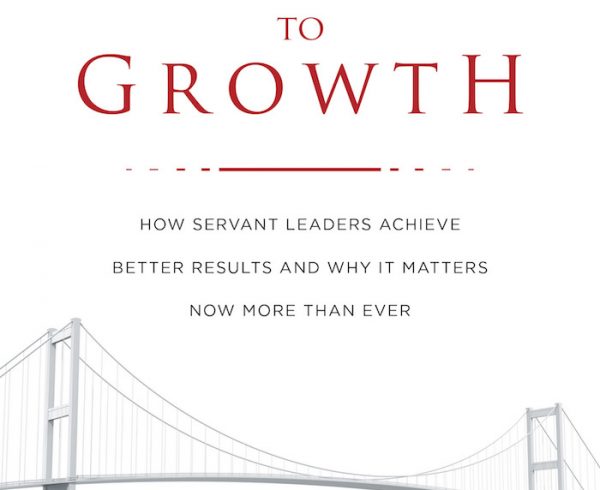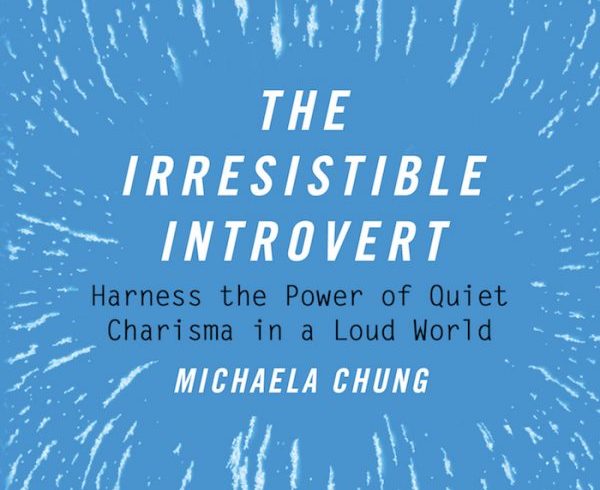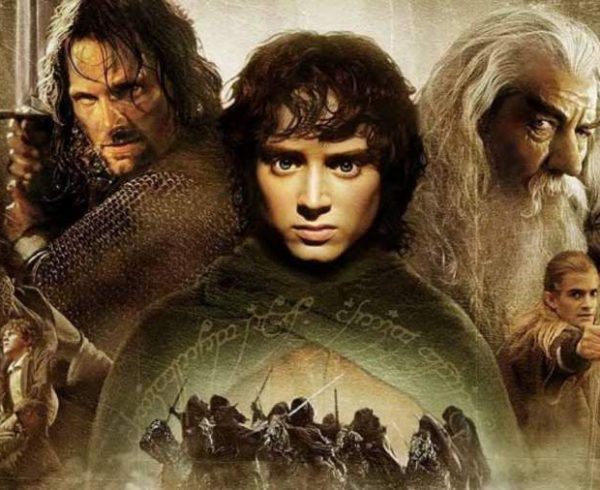J.D. Vance’s 2016 Hillbilly Elegy is a heartening account of one person’s escape from the ingrained poverty of rural Kentucky. Vance grew up in a violent and dysfunctional family he says is typical of that area, but he went on to join the Marines and attend Yale Law School. He is now a lawyer and New York Times best-selling author — no mean feat.
The book itself is cleverly marketed as an expose of a “culture in crisis” in Appalachian America, but in the end it rings a bit hollow. Vance implies that he is writing some sort of cultural and economic treatise on the people he casually calls Hillbillies — a pejorative term to everyone outside Appalachia. And to be fair, he does spend a good deal of time discussing the historical factors that led to the current state of violence and poverty he describes.
The underlying problem with his analysis however is that Vance, a dyed-in-the-wool conservative, sees the crux of Appalachian poverty today as a form of ghetto mentality laziness that encompasses a distaste for hard work with an inability to adapt to modern times and pull oneself up by the proverbial bootstraps. “Look at the Hillbillies. They do drugs and lie around like slovenly dullards in their own indolence, “ the writer seems to tell us over and over again. It’s both sensationalistic and, one assumes, inaccurate.
Are These Really People? The Author Seems Unsure.
Some of what Vance writes may indeed be true: generations of poverty and the destruction of mining and factory towns may in fact have produced a culture that no longer knows how to fight its way out of poverty. But Vance’s analysis is at times so reductionist that even he has to know that there is more to it than he lets on. If only the descendants of these tough Scotch- Irish settlers just tried a bit harder, they might get somewhere, he implies repeatedly. Even when there is no work in their communities apart from low-paid minimum wage gigs in lumber yards and such? These jobs may feed a few mouths, but an entire community numbering in the millions? To Vance, his own people have just turned into one million helpless losers, or as he states at one point, the equivalent of a million rural “welfare queens.”
Here is Vance describing one acquaintance who one day decides that he doesn’t want to wake up early anymore:
Bob joined the tile warehouse just a few months before I did. Bob was nineteen with a pregnant girlfriend. The manager kindly offered the girlfriend a clerical position. Both of them were terrible workers…. Bob missed work once a week and he was chronically late…. Eventually Bob too was fired… At least two other people, including Bob’s cousin, lost their jobs or quit during my short time at the tile warehouse. (pp. 8-9)
That is all fine and good. I grew up in a middle class Armenian-Italian family of immigrants and I too could point to similar examples both among people of my own socioeconomic class and even among the wealthy and mainly WASP and Jewish classmates of mine in prep school. But for every such example I can also find a counterexample, of someone hard working and brilliant who worked their way up the economic ladder. (Vance himself is one!) And the author — despite his education-minded grandmother mawmaw — takes too much of the credit for what may well have been fate and good luck.
Not Enough Perspective
More disquieting: in several areas Vance alludes in an almost disingenuous way to “having heard” that African American communities have suffered a similar fate as his dear Hillbillies. But then he completely drops the subject, as if it were too much of an effort to research these communities and perhaps enlighten the reader as to similarities and differences. For that matter, throughout this entire repetitive narrative about his own family and being left alone to fend for himself as child, nowhere does Vance ever mention a book or author that he enjoyed reading. Apart from mentioning one tough trigonometry teacher, Vance’s own intellectual development seems to be a complete desert: hard to believe for someone who did so well in college and beyond. We would have liked to have known which books he enjoyed, for example, and which ones had an influence on his life and success.
As for Hillbillies, I would bet that they, like many African Americans, must fight a particularly vicious type of ingrained prejudice that makes it hard for any more than a hand full to reach the success many would otherwise aspire to. After all, the Scotch Irish immigrants he describes have never had access to quality public education and are essentially agrarian laborers turned factory workers — so it is not terribly surprising that few if any have graced the halls of the Ivy League.
At Yale Vance meets his future wife Usha, but his description of her — competent, intelligent, worldly — is also so detached that you have to go back and check several times to make sure that she is in fact his wife:
Usha still sometimes reminds me that not every perceived slight — from a passing motorist or a neighbor critical of my dogs — is cause for a blood feud. And I always concede, despite my raw emotions, that she’s probably right. (p. 246)
We learn almost nothing about her or her background except that she is often wise where he is ignorant, composed when he is not: she is not just his life love but also his teacher. It is a lovely sentiment, but the reader needs to feel that it is true rather than simply be told. In a word, Vance’s prose, like his analysis, is simplistic. As for his constant berating of his mother — an admittedly unrepentant drug addict — this also gets tediously one-sided after a while. Not enough of an effort is made to understand what led to her addiction, though Vance is certainly angry enough to launch ad hominem attacks on her, as if she too could just stop taking drugs if she just tried a bit harder.
A Book That Offers No Answers
Throughout the book, the hillbillies that Vance describes seem almost inhuman. Apart from his mawmaw and his sister, the others seem to almost belong to another species. This was confirmed to me on a jitney ride out to the Hamptons recently where a German investment banker who had read the book sat down next to me and exclaimed: “I’m actually planning a trip out there to see these hillbillies and what they are really like,” to which I could only answer: “They’re people, you know. Not animals in a zoo.”
At one point towards the end of the book, Vance calls out conservative rural Americans for their lack of faith in the system:
We can’t trust the evening news. We can’t trust our politicians, Our universities, the gateway to a better life, are rigged against us.” Strangely enough many liberals believe the exact same thing! (p. 193)
Let’s give J.D. Vance some credit and assume his description of Kentucky Hillbillies is in fact superficially accurate and that ignorance of basic things like how to use a butter knife or dress properly during a law school job interview dinner can indeed cost you a job and a lucrative career. (The question remains: just who is going to teach a Hillbilly to use that butter knife correctly?) As a reader one still finds puzzling the lack of any really concrete suggestions — at a micro or macro level — as to how this community can ever get out of its current slump . So as it stands Hillbilly Elegy is an interesting look at a community one almost never reads about except in purely journalistic accounts. It is also a well-intentioned account of one boy’s almost heroic rise out of his mountain ghetto. But it could have been — I would argue it should have been — so much more.












